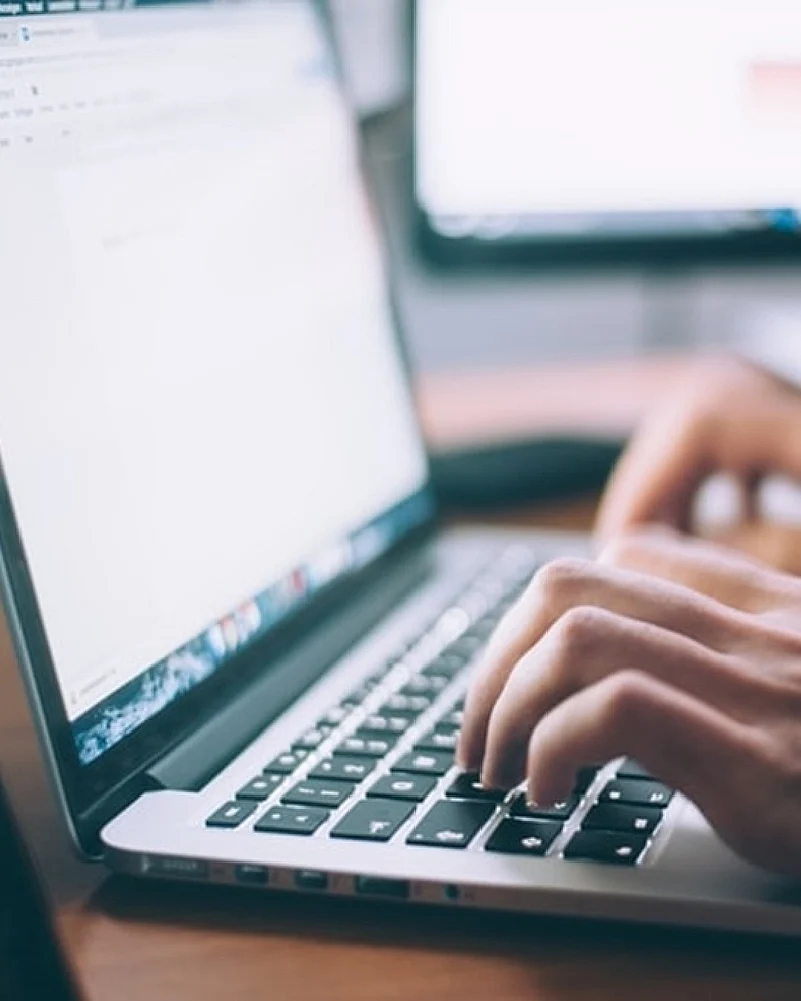Using personal finance apps to track your savings, spending, investments, and budget is undoubtedly convenient, but it comes with the risk of exposing your personal information and data. The more apps you use, the greater the potential risk. Therefore, it's essential to take precautions to safeguard your data.
Here are five ways to protect yourself while using personal finance apps:
Investigate The Tools You Rely On: While reading the fine print for every app may feel overwhelming, it's wise to do some research before entering your bank account information into any website or app. Check the terms and conditions, and consult trustworthy online reviews of the providers.
Use Unique, Secure Passwords: While it may seem straightforward, having unique and strong passwords for each of your accounts is essential. Consider using "passphrases," or a combination of multiple words, and include numbers, symbols, and both uppercase and lowercase letters for added security. Regularly update your passwords and, where possible, enable extra security features like two-factor authentication, fingerprint scanning, or facial recognition.
Regularly Monitor Your Financial Accounts: Make it a habit to frequently check all your financial accounts—credit cards, bank accounts, and any other places where you make transactions—to quickly spot any suspicious activity. Review each credit report for unauthorized or unusual entries, as these can be signs of identity theft. If you suspect you’re a victim of identity theft, you can file a complaint with the cybercrime portal at cybercrime.gov.in, where you’ll receive guidance on recovery steps.
Keep Your Private Information Secure: While managing multiple login credentials can be challenging, avoid the temptation to write down your passwords in obvious places, like on paper near your computer. If you must record your passwords or account details, store them in a secure location that only you can access. Consider using digital password managers, which offer a much higher level of security. Additionally, if you bank online, opt for electronic statements instead of physical ones to reduce the risk of mail fraud.
Secure Regular Backups Of Your Data: To prepare for potential data breaches or hacks, ensure all your digital information is safely backed up. Regularly save copies of your data from your phone, computer, and other devices to an external hard drive, USB drive, or cloud storage. This way, you’ll still have access to your files and documents even if the originals are compromised.
Secure Your WiFi Network: If you access financial management accounts from home, ensure your WiFi network is secured with a strong, unique password, and limit sharing it to only close family members or trusted friends. Avoid using third-party money management tools, such as budgeting apps, on public WiFi networks, as these are often less secure and can increase the risk of hacking.
Remember, safeguarding your account information should be an ongoing priority in your financial journey. While managing your finances online is convenient, it’s crucial to keep your data protected to truly benefit from this convenience.










